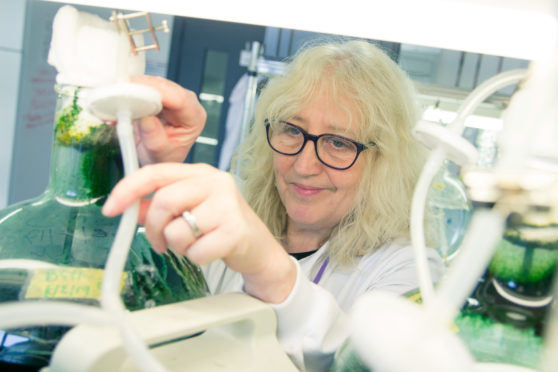Two Aberdeen researchers have embarked upon a £2 million project to eliminate the toxins found in developing countries’ drinking water.
Robert Gordon University professors Christine Edwards and Linda Lawton have been granted funding to design a strategy to purify water in Sri Lanka.
It has been suspected that the metals and pesticides found in well supplies there are leading to an increase in the level of kidney disease, but research has so far been unable to prove any link.
Recent research has pointed to “significant concentrations” of a harmful algae in the water as well, however, which is known to produce toxins that can cause chronic disease.
Prof Edwards said: “Our project will establish whether there is a link between the toxins in the well water and the kidney disease.
“It will also improve the quality of the well water, removing these carcinogenic compounds and making it safe for those who live in the affected regions.”
The pair have been awarded £2 million from the Biotechnology and Biological Sciences Research Council to carry out the work, also partnering with universities in Edinburgh, Belfast and Sri Lanka.
Last year they were granted £1.2m to help pinpoint shellfish growers pinpoint toxins and improve water safety.
Prof Lawton said: “Water is essential to all life on earth, however there is surprisingly little suitable for human use.
“Together with our partners at institutions, organisations and governments across the world, it is vital that we properly utilise this valuable resource.”
